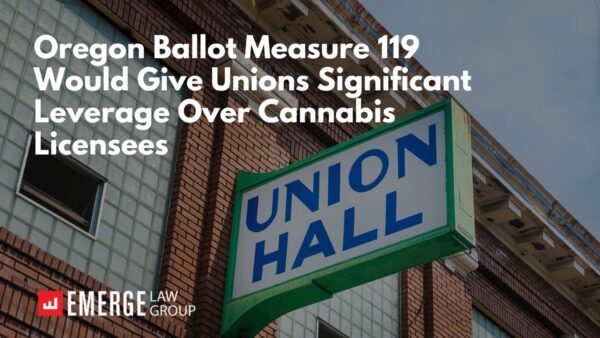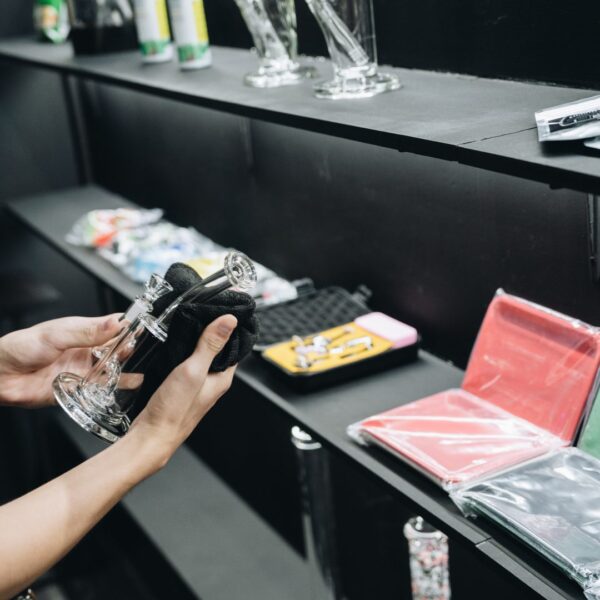
Although this Zoom screenshot may look like just another boring government agency meeting, it was an exciting day in the New Jersey cannabis world yesterday, as the Cannabis Regulatory Commission (the “CRC”) adopted its initial rules for the rollout of adult-use licensing and sales in the Garden State. Led by Chairwoman Dianna Houenou, the CRC unveiled its long-awaited regulations two days before the August 21 deadline imposed by the law Governor Murphy signed in February. Ms. Houenou could not help but point out with a smile that they were ahead of schedule, belying the arduous process that has brought us from voter approval in November of last year to the regulatory framework for legalization in New Jersey that was released yesterday.
As we digest and analyze the details of the new rules, it is clear that the CRC took to heart the significant public input that has been lobbied their way since being officially commissioned in April. In both the regulations themselves and the CRC members’ comments at the meeting, the CRC has emphasized two core values within this regulatory scheme: local control and a commitment to equity.
While the legislation enacted in February gave municipalities the ability to opt-out of having cannabis businesses within their jurisdictions and the right to impose certain operating restrictions, the rules go further in fleshing that out. Municipalities will not only be able to control the number and types of cannabis businesses that open within their borders, but they can also enact a local 2% transfer tax on sales between cannabis businesses and—perhaps most importantly—weigh in on licensing decisions with the CRC. As CRC Executive Director Jeff Brown expressly stated at yesterday’s meeting, the CRC will take into account a municipality’s preferences on whose licenses should be approved. (Pro tip to all you soon-to-be New Jersey license applicants: time to reconnect with your local elected officials!)
The initial rules also emphasize the CRC’s commitment to making the cannabis market in New Jersey a diverse and equitable one that is open to small businesses. Three types of equity applicants will be given priority in the approval process: Social Equity Businesses, Diversely Owned Businesses, and Impact Zone Businesses. Social Equity Businesses are owned by people with past cannabis convictions or who live in economically disadvantaged areas, Diversely Owned Businesses are owned by minorities, women, or disabled veterans (and certified as such by the NJ Department of Treasury), and Impact Zone Businesses are located in Impact Zones, owned by people who live in Impact Zones, or employ Impact Zone residents—Impact Zones are municipalities with a large population, high crime numbers, or high unemployment. While standard applications will be reviewed on a rolling basis as they are received, these equity applicants jump to the front of the line.
The CRC will also prioritize applications from “microbusinesses,” which are small businesses capped at 10 employees and 2,500 square feet (among other restrictions), as well as conditional licenses, for which the applicant need not designate a site or obtain municipal approval before applying. Moreover, the CRC has imposed a progressive, graduated fee structure, both for application fees and annual fees, with some application fees as low as $500 and annual fees as low as $1,000. Some applicants can submit their application for only $100.
Stay tuned in this space for further analysis on the rules as we dig through the fine print, but the takeaway from yesterday is that the CRC has put in a sincere effort to make the New Jersey cannabis market accessible for small businesses and shaped by the municipalities, with a strong focus on social equity.





